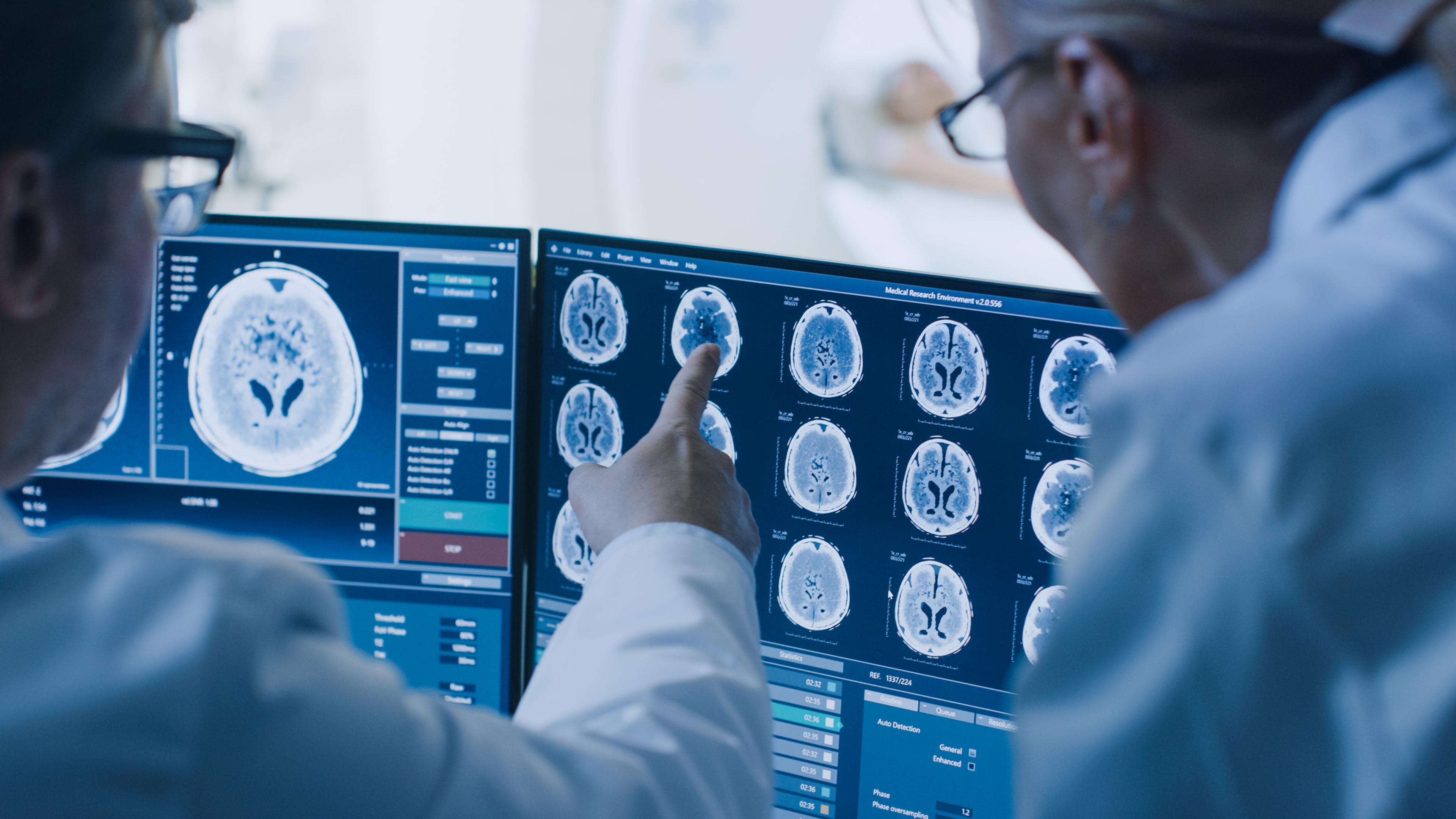How Menopause Can Affect the Brain
Amy Barczy
| 3 min read
Amy Barczy is a former brand journalist who authored content at Blue Cross Blue Shield of Michigan. Prior to her time at Blue Cross from 2019-2024, she was a statewide news reporter for MLive.com. She has a decade of storytelling experience in local news media markets including Lansing, Grand Rapids, Holland, Ann Arbor and Port Huron.

Increasingly, researchers are paying attention to the connections between the changes in a woman’s body during the menopause transition – both in the reproductive organs and in the brain.
After women go through menopause – a life phase that marks the end of her fertility – most will emerge with few long-term health consequences. However, about 20% of women will go on to develop dementia.
Additionally, women make up two-thirds of the Alzheimer’s disease cases in the U.S. Alzheimer’s disease is a progressive and debilitating form of dementia. These statistics are driving further scientific inquiries into the dynamics of the menopause transition, brain function and risk factors for dementia.
The role of estrogen
The connection between menopause and impacts on the brain is rooted in estrogen, the primary hormone that guides the menstrual cycle. As a woman ages, the amount of estrogen her ovaries produce begin to fluctuate anywhere from seven to 14 years before menopause occurs. This phase is called perimenopause and can cause erratic periods. The average duration of the perimenopausal state varies in women, but averages approximately 14 years.
Menopause officially occurs 12 months after a woman’s last menstrual period, when the ovaries stop making estrogen. The average age women reach menopause is 51, but some women might not reach that stage until their mid-50s or later.
This decline in estrogen can cause a host of symptoms, which can be different for each person:
- Hot flashes
- Night sweats and/or cold flashes.
- Vaginal dryness that causes discomfort during sex
- Urinary urgency
- Difficulty sleeping
- Emotional changes
- Dry skin, dry eyes or dry mouth
- Breast tenderness
Some individuals may also experience these symptoms:
- Racing heart
- Headaches
- Joint and muscle aches and pains
- Changes in libido
- Difficulty concentrating or memory lapses
- Weight gain
- Hair loss or thinning
Not only does the drop in estrogen during menopause affect how the brain can function – causing feelings of emotional haze – there are indications it can also change the brain’s structure. One study examined brain scans of women in menopause compared to men of the same age and compared to pre-menopausal women. It showed women in menopause had reduced brain volume.
Solutions and help
Women should start conversations early with their health care providers, even before they notice the first perimenopause symptoms. Asking questions about what to expect can help them manage the transition through perimenopause and menopause. Exercise, nutrition, decreased alcohol intake and avoiding smoking can help mitigate the onset of menopausal symptoms.
While many women may feel unprepared for menopause, that trend is changing as the stigma around talking about menopause is changing. New solutions are emerging to fill the resource gaps for women. Among the leaders at the forefront are Blue Cross Blue Shield of Michigan and Blue Care Network, who have partnered with Maven Clinic, a virtual health care provider that offers high-quality, evidenced-based information and professional expertise to women for family building and women’s health through pre-conception, maternity, return to work, parenting, and menopause.
Learn more here: A New App for Menopause (mibluesperspectives.com)
Photo credit: Getty Images





